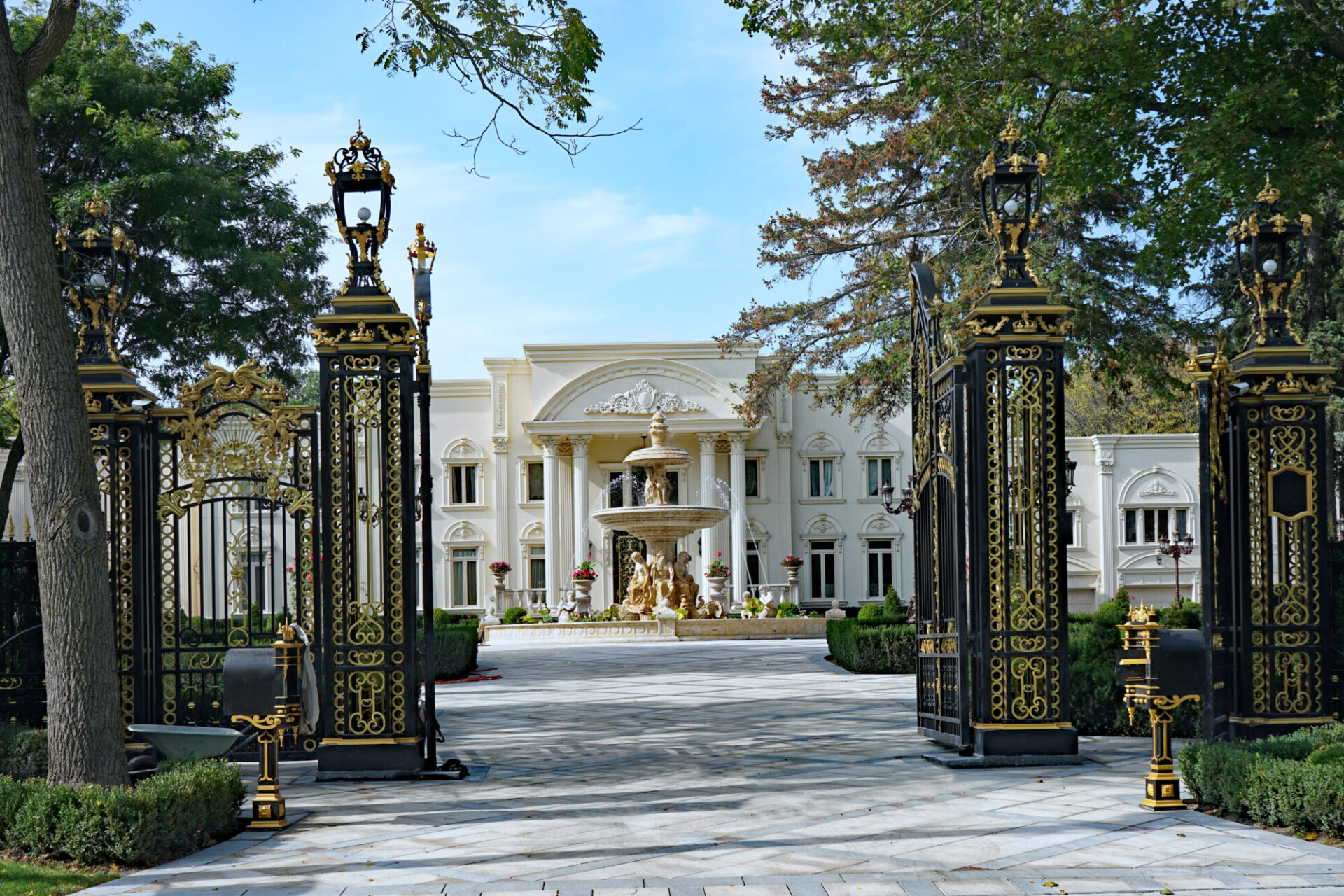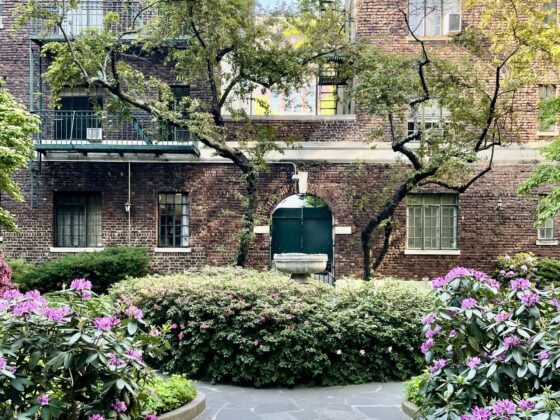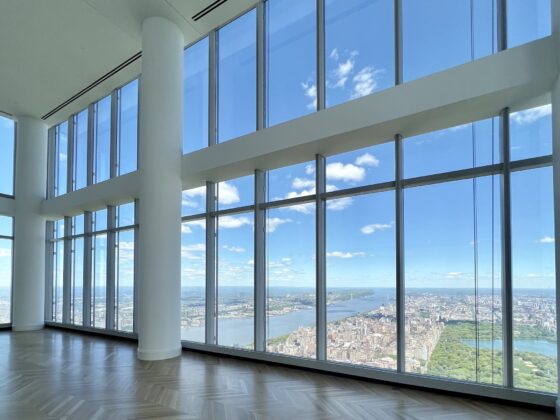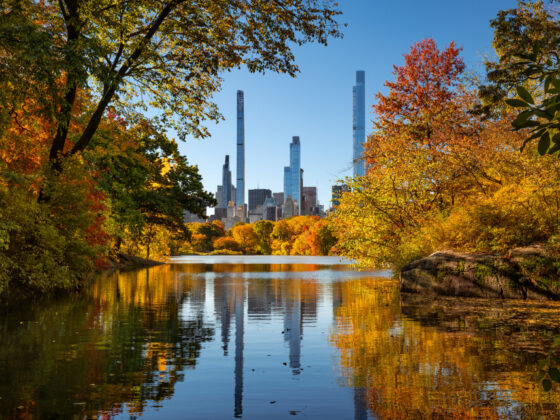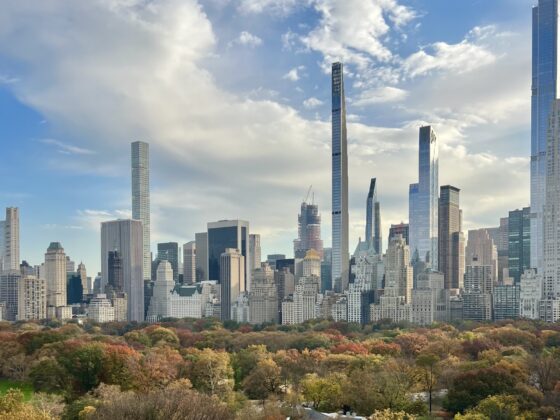Table of Contents Show
Real estate has long been a cornerstone of wealth creation and remains a prime investment target for the world’s billionaires. Beyond merely owning trophy properties, these moguls are drawn to specific markets offering unique opportunities for growth and stability. Understanding these global property magnets sheds light on the factors shaping the high-stakes real estate investment landscape.
The Allure of Asia: Growth and DiversificationThe Allure of Asia: Growth and Diversification
Asia, particularly Greater China, stands out as a magnet for billionaire real estate investment. Booming economies and a growing appetite for luxury properties have created fertile ground for high-value deals. China’s rapid urbanization has fueled demand for commercial and residential spaces, attracting billionaires like Li Ka-Shing of Hong Kong (estimated net worth $36.6 billion) and Wang Jianlin of China (estimated net worth $14.4 billion). With an estimated (406 billionaires) residing in China (including Hong Kong) as of April 2024, the nation boasts a significant concentration of wealth-seeking investment opportunities in real estate.
These tycoons have built vast empires on development projects ranging from office towers and shopping malls to high-end hotels and luxury apartments. The emphasis here is on diversification, with billionaires leveraging their wealth across different asset classes to mitigate risk and maximize returns.
Established Markets: Stability and PrestigeEstablished Markets: Stability and Prestige
The allure of established markets like New York City (113 billionaires), London (approximately 73 billionaires), and Tokyo (not publicly available data, but estimated to be significant) shouldn’t be underestimated. These cities offer a combination of stability, prestige, and a well-developed legal framework. Billionaires like Donald Bren in Los Angeles (estimated net worth $16.3 billion) and the Reuben brothers in London (combined estimated net worth $18.6 billion) have leveraged their investments in these established markets to build long-term wealth. The focus might be on trophy properties or prime development opportunities in core business districts. These iconic landmarks generate significant rental income and symbolize power and influence. The stability of these markets offers a sense of security, particularly for billionaires looking to preserve their wealth across generations.
Emerging Markets: Opportunity and RiskEmerging Markets: Opportunity and Risk
Beyond established players, some billionaires are venturing into emerging markets like Dubai (11 billionaires), Mumbai (38 billionaires), and São Paulo (33 billionaires). These markets offer the potential for high returns but also have greater risk due to potential political and economic volatility. Investors like Mukesh Ambani of India (estimated net worth $90.7 billion) have placed significant bets on these markets, looking to capitalize on their rapid urbanization and growing affluence. The focus here is on capturing early-mover advantages and capitalizing on future growth potential. However, navigating the complexities of these markets requires a strong understanding of local regulations and the ability to manage political risk.
European BillionairesEuropean Billionaires
Europe stands as a hub for real estate investment, attracting many billionaires with diverse interests in the property market. While the exact count varies across countries, Germany has an estimated (134 billionaires), drawn to its stable economy and thriving business centers. France, renowned for its luxury brands and fashion houses, boasts approximately (53 billionaires), offering attractive investment opportunities in this glamorous sector. Meanwhile, the United Kingdom, with around (55 billionaires), particularly finds favor among investors due to London’s status as a global financial hub, making it a prime destination for those seeking prestigious properties and secure investments. Here are some notable examples:
- Amancio Ortega of Spain (estimated net worth $84.5 billion) is known for investing in prime commercial properties across Europe, including a significant stake in Inditex, Zara’s parent company.
- Bernard Arnault of France (estimated net worth $208 billion) is the CEO of LVMH, the world’s largest luxury goods group. LVMH owns iconic brands like Louis Vuitton, Christian Dior, and Sephora. Arnault has extensive real estate holdings globally, including retail stores and office buildings.
- Ingvar Kamprad of Sweden (deceased, but estimated net worth at the time of death was $58.7 billion) is the founder of IKEA, which has extensive real estate holdings worldwide, including stores, shopping centers, and wind farms.
- Stefan Persson of Sweden (estimated net worth $19.7 billion), with substantial investments in retail and commercial properties, including flagship stores for H&M, another major fashion retailer, in major European cities.
- The Wertheimer family of France (estimated net worth $70 billion) owns Chanel and significant real estate assets, including luxury hotels and residential properties.
While the specific number of billionaires in European countries may vary, their influence on the real estate market is undeniable, with investments spanning the commercial, residential, and hospitality sectors.
US BillionairesUS Billionaires
The United States remains a significant player in the global real estate market for billionaires, boasting an estimated (756 billionaires) as of 2023. Tech titans like Jeff Bezos (estimated net worth $177 billion) and Elon Musk (estimated net worth $242 billion) have adopted unique approaches. While Musk isn’t known for extensive real estate holdings beyond his private residence, his focus on sustainable ventures could influence the future of billionaire investment in energy-efficient properties. On the other hand, Bezos has shown interest in the real estate market through Arrived, a company he backs that allows fractional ownership of rental properties.
Other US billionaires showcase a more comprehensive range of strategies:Other US billionaires showcase a more comprehensive range of strategies:
- William Ackman (US): With an estimated net worth of $6.7 billion, Ackman is known for his activist investing. He also has a significant real estate portfolio, including office building and hotel stakes.
- Stephen Ross (US): With an estimated net worth of $12 billion, Ross is the force behind Related Companies, a development giant responsible for large-scale projects like Hudson Yards in New York City.
- George Soros (US): With an estimated net worth of $8.6 billion, Soros is perhaps more famous for his hedge fund activities. However, he has also been a significant player in New York City real estate, acquiring and developing office buildings.
- Len Blavatnik (UK/US): With an estimated net worth of $20 billion, Blavatnik is a diversified investor with significant real estate holdings, including trophy properties like the Four Seasons Hotel in New York City.
This list highlights the diverse approaches taken by US billionaires in the real estate market. From opportunistic acquisitions like Ackman’s to large-scale development projects like those undertaken by Ross, these investors leverage their wealth in various ways.
Beyond Location: Specialization MattersBeyond Location: Specialization Matters
While location is critical, billionaire real estate investors often specialize in specific asset classes. This allows them to leverage deep market knowledge and expertise to maximize returns. Some, like Sam Zell, focus on multifamily housing, while others target logistics facilities and data centers. Specialization can also be geographically focused. For instance, some billionaires may focus on acquiring and developing historic properties in Europe, while others may target distressed assets in specific US cities undergoing revitalization.
The Rise of Alternative InvestmentsThe Rise of Alternative Investments
The billionaire real estate landscape is not limited to traditional brick-and-mortar properties. Technological advancements have opened doors to new investment opportunities. Some billionaires are investing in proptech companies, which are developing innovative solutions for property management, transaction processing, and data analysis. Others are exploring the potential of fractional ownership platforms, which allow them to invest in high-value properties alongside other accredited investors.
Sustainability: A Growing ConsiderationSustainability: A Growing Consideration
Sustainability is becoming a growing consideration for billionaire real estate investors. As environmental concerns rise, investors increasingly seek energy-efficient properties with a low carbon footprint. This trend is driven by a sense of ecological responsibility and the recognition that sustainable buildings command higher rents and attract a wider pool of tenants. Billionaires like Jeff Bezos are leading the way in this area, investing in companies that develop and operate sustainable buildings.
The Future of Billionaire Real EstateThe Future of Billionaire Real Estate
The global real estate landscape for billionaires is constantly evolving. Technological advancements, sustainability concerns, and changing demographics will all shape future investment trends. Artificial intelligence’s rise could revolutionize how properties are managed and valued. Demographic shifts, such as the aging population in many developed countries, could increase demand for senior living facilities.
Final ThoughtsFinal Thoughts
While the specific markets and asset classes favored by billionaires may change, their core motivations – seeking stability, growth, and diversification – will continue to drive their investment decisions. As the global economy shifts, these savvy investors will adapt their strategies to capitalize on new opportunities and navigate emerging challenges. Whether focusing on established markets like New York City or emerging markets like Dubai billionaire real estate investment remains a powerful force shaping the built environment worldwide.
